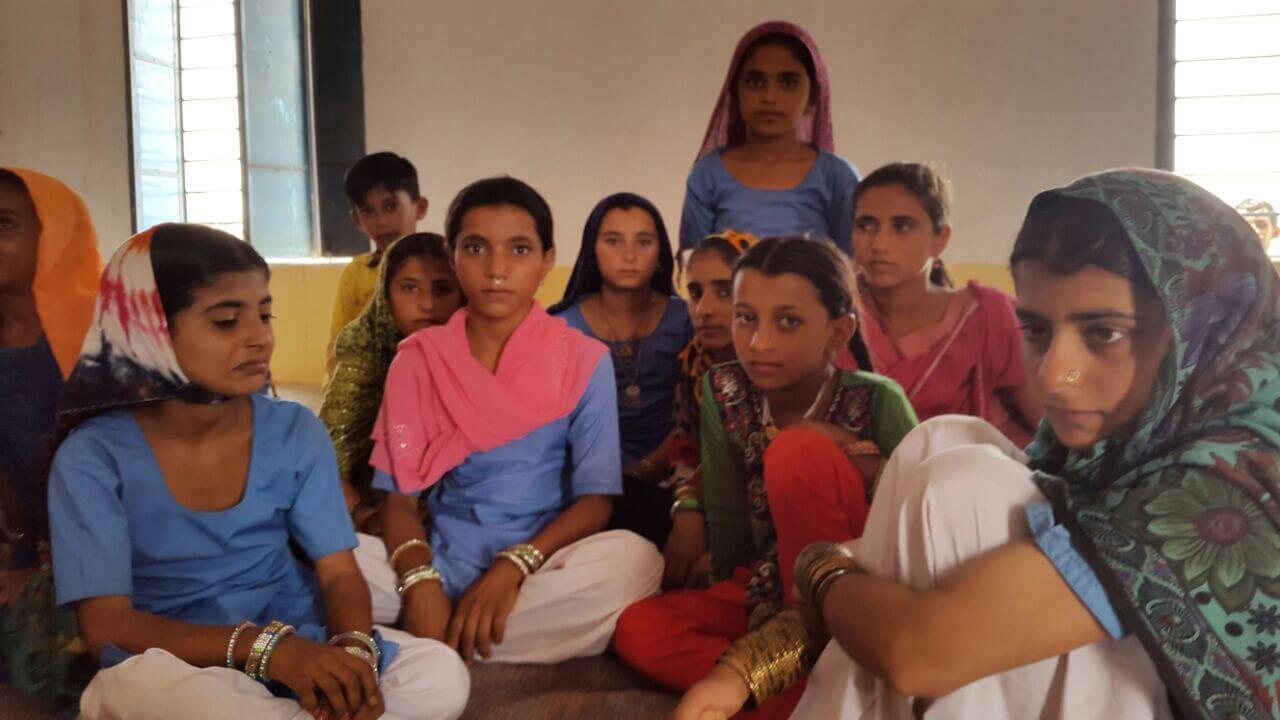In a major announcement just before the Bihar Assembly elections, Chief Minister Nitish Kumar has increased the monthly pay of ASHA workers (Accredited Social Health Activists) from ₹1,000 to ₹3,000. This decision has brought smiles to thousands of women across the state who work on the ground to support healthcare services in rural and urban areas.
Let’s understand why this move is important and what it means for Bihar’s health workers and the government.
Who Are ASHA Workers?
Chief Minister ASHA workers are women who are trained to act as a bridge between the community and the public health system. They play a key role in:
- Spreading awareness about health and hygiene
- Helping pregnant women during childbirth
- Guiding people for vaccinations
- Assisting in family planning and nutrition programs
- Supporting the fight against diseases like malaria, tuberculosis, and more
In simple words, ASHA workers are the backbone of India’s rural health system, especially in states like Bihar where many people still live in villages.
What Has Changed in Their Pay?
Before this decision, ASHA workers in Bihar were getting a fixed monthly incentive of ₹1,000 from the state government. Apart from that, they earned more through task-based incentives like helping in deliveries or vaccinations.
Now, with Chief Minister Nitish Kumar’s announcement:
- Fixed monthly amount has increased to ₹3,000
- This is three times the earlier amount
- The increase will help nearly 93,000 ASHA workers in the state
- This move will cost the Bihar government over ₹279 crore per year
Why Was This Done?
This increase in pay comes at a time when Bihar is preparing for Assembly elections. Political experts say that this is a smart move to attract women voters and show support for the health workers. There has been growing pressure from ASHA unions and workers for better pay. They often complained about being overworked and underpaid. Many of them protested, went on strike, and demanded respect and recognition for their hard work, especially during the COVID-19 pandemic. Nitish Kumar, by announcing this hike, is not only addressing their concerns but also trying to boost his image before the elections. It shows that the government is listening to the needs of people who work at the grassroots level.
What Did Nitish Kumar Say?
While making the announcement, Chief Minister Nitish Kumar said:
“ASHA workers have worked hard in villages and towns, especially during difficult times like COVID. We understand their contribution and are increasing their fixed pay to ₹3,000 from ₹1,000. This will bring some relief to them.”
He also added that ASHA workers would continue to get task-based payments in addition to the fixed amount.
Reaction from ASHA Workers
Many ASHA workers across Bihar welcomed the decision with joy. Some even called it a “gift before elections.” Here’s what some of them said:
“We were demanding this for a long time. Finally, the government heard us. This will help us run our homes better.” – Poonam Devi, ASHA worker from Gaya
“We work hard day and night, often in remote areas. It feels good to be recognised.” – Rekha Kumari, ASHA worker from Patna
However, a few also said that while the increase is welcome, they want job security, pensions, and better facilities.
Political Impact
This move is seen as a big step by Nitish Kumar to strengthen his support base among women and health workers. It might influence votes in rural areas where ASHA workers are respected and known in the community.
Political analysts believe this could also put pressure on other parties like BJP, RJD, and Congress to announce similar benefits in their election promises.
Conclusion
The decision to hike the pay of ASHA workers from ₹1,000 to ₹3,000 is more than just a financial move. It shows the growing importance of health workers in the political and social fabric of Bihar. Whether this move will bring electoral benefits to Nitish Kumar or not, one thing is clear – ASHA workers are finally getting the recognition and support they truly deserve. In the coming days, it will be interesting to see how other states respond and if this step becomes a trend across the country.







